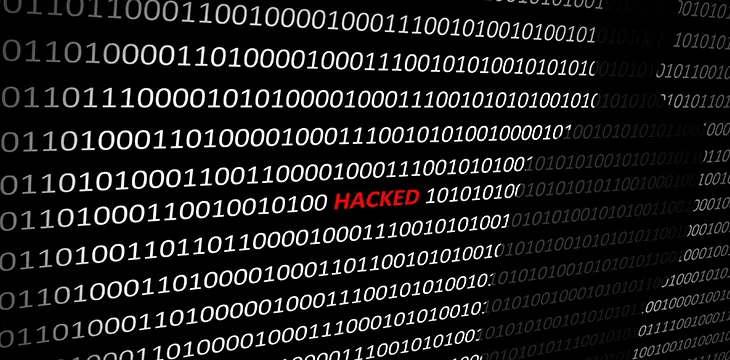|
Getting your Trinity Audio player ready...
|
Many in the digital currency industry like to claim it will be a replacement to the current banking system. “Bring down the banks” has become a mantra in some corners of the industry, but what few talk about is just how many security breaches really happen in the industry and how unsuitable the sector is to replace traditional banking.
This year alone, several mind-blowing hacks occurred, including both exchanges and DeFi platforms, leading to losses into the billions for users. Let’s take a look at the biggest digital currency hacks in 2021.
Notable digital currency hacks in 2021
These hacks are listed in order, beginning in December 2021 and working backward. The amounts involved are truly staggering.
- In December, AscendEX, formerly known as BitMax, was hacked, and over $77 million of funds were stolen. It’s understood the hackers compromised the exchange’s hot wallet, a story that’s become all-too-common in the digital currency world as of late.
- Also, in December 2021, just as a roaring year for digital currencies was coming to a close, popular exchange BitMart was hit for $150 million when hackers breached a hot wallet.
- In August, Poly Network was hacked, and the attacker made off with a staggering $611 million. Tokens stolen included BSC, Ethereum, and USDC. Bizarrely, the hacker later returned a large chunk of the funds.
- Also, in August, the Japanese exchange Liquid was hacked, and over $97 million was stolen. This seems small compared to other hacks on this list, but it’s worth stopping to think about just how much money it really is.
- Between March and May of 2021, hackers broke into 6,000 Coinbase customer accounts by gaming their SMS authentication system. The exact amount of stolen funds (if any) is unknown, but many Coinbase (NASDAQ: COIN) users complain of shady activity surrounding their accounts. One even launched a class-action lawsuit against Coinbase over it.
- In April, two brothers who founded South Africa’s largest exchange, Africrypt, told users the exchange had been hacked and vanished off the face of the earth with more than $3.6 billion in digital currencies. It’s unclear if this was really a hack that scared them enough to go into hiding or if it was an inside job. They’ve denied the latter through a lawyer.
While this isn’t a totally exhaustive list of global digital currency hacks in 2021, it highlights just how absurd the situation has become. If exchanges hope to act as the new banks in the digital currency industry, they’ve got a long way to go.
To be fair, some of them, such as AscendEX and BitMart, did vow to make victims whole, but as we’ve seen historically, these things can take a long time to resolve. Can anyone say Mt. Gox?
Totally unsuitable as a new banking system
The truth is, the digital currency industry as it stands will never become a new banking system. As long as it refuses to comply with robust regulations and turns a blind eye to Tether, which accounts for more than 70% of the volume on exchanges, this industry will never be anything more than a sideshow or underground railroad system used to facilitate crimes like money laundering and drug dealing.
These repeated hacks and exchange breaches create a bad image in the eyes of the general public and make governments weary of the entire industry. What could change things is the original Bitcoin system designed by Satoshi Nakamoto. If we largely get rid of the exchanges, who seek to build a new fee-collecting banking system and forget about what Bitcoin was intended to be, and users transfer funds to and from wallets on the BSV blockchain, much of the crime and carnage can be stopped. As will soon be demonstrated, stolen funds can be frozen and recovered. It’s how Bitcoin was designed.
Imagine if gold turned to lead when stolen. If the thief gives it back, it turns to gold again. – Satoshi Nakamoto
It’s been another wild year for the digital currency industry. Will 2022 be any better? Without specific regulations to protect users across the world, it’s doubtful. Luckily, those regulations are coming.
Watch: CoinGeek New York panel, Future of Digital Asset Trading & Financial Services

 08-29-2025
08-29-2025 




